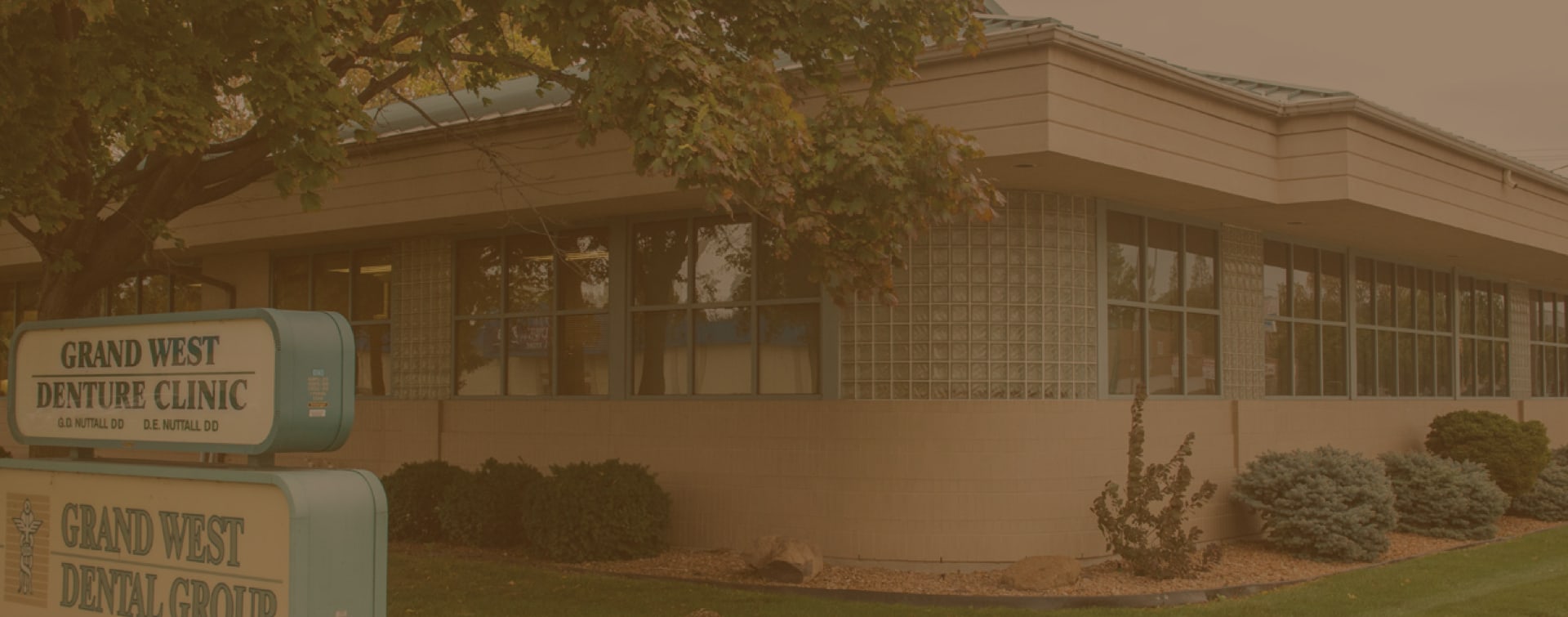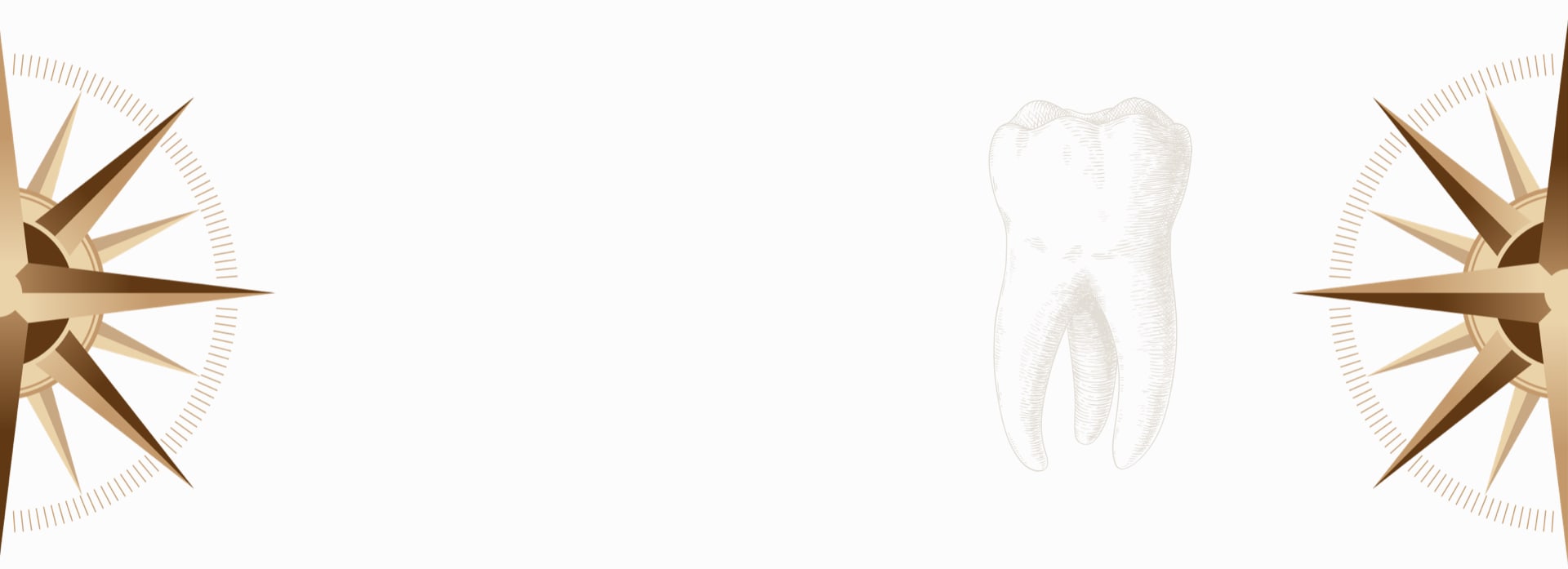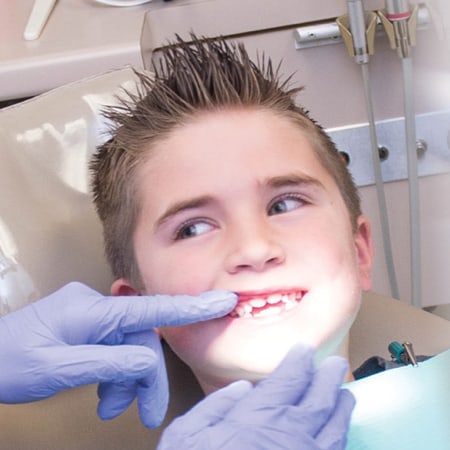Wisdom teeth are a common problem. When they erupt, they can cause a range of uncomfortable symptoms, and without the right care, they can quickly affect your oral health. However, your dentist can remove these teeth and help you stay on top of your oral health. But what happens during recovery—and how can you speed it up?
For the first few days, you may notice swelling and mild bleeding in the mouth, but this goes away shortly. To speed up recovery, make sure to follow any and all instructions, be careful when brushing, and change your diet to softer foods.
Why Do Wisdom Teeth Need to Be Removed?
Wisdom teeth are the teeth at the back of your mouth, also known as third molars. These teeth usually come in between the ages of 17 and 25. They don’t always emerge—some people don’t have these teeth, and others notice theirs never emerge.
Wisdom teeth aren’t always a problem, either. If they emerge and don’t cause any discomfort, you can likely keep them. But this isn’t the case for everyone, and many people notice their new teeth are problematic. When there isn’t enough space for them to emerge fully, they can become impacted—this means they’re trapped under the gums or push against neighboring teeth.
They may cause overcrowding, tooth shifting, pain, or other similar problems. This is why it’s often recommended to remove troublesome wisdom teeth.
How Long Does It Take to Recover from Wisdom Teeth Removal?
Recovery timelines vary, but most people start feeling better within a week or two. The immediate post-surgery period, usually the first 24-48 hours, requires extra care and rest. Swelling and discomfort are common but should go away within a few days. You should be back to normal within a week or two, depending on your post-removal care.
The type of extraction and how closely aftercare instructions are followed play a key role in recovery speed. Simple extractions generally heal faster, while more complex removals might take a bit longer. Make sure to follow any and all instructions, and you should recover smoothly.
What to Expect After Wisdom Tooth Removal
It’s helpful to know what recovery entails so you can prepare for the process. Following these guidelines can make a big difference in your comfort and healing.
1. Follow All Post-Surgery Instructions
First and foremost, stick to your dentist’s aftercare plan. Resting for the initial 24-48 hours is essential to avoid complications. Apply cold compresses on the first day to minimize swelling and find fast relief, and regularly alternate with warm compresses to help your muscles relax. Keeping your head elevated while sleeping can also minimize swelling.
Avoid smoking entirely during recovery. It can interfere with healing and might lead to dry socket, an uncomfortable condition where the protective blood clot dislodges prematurely.
2. Adjust Your Diet
After surgery, stick to soft, easy-to-eat foods to avoid putting strain on your mouth. Some popular options include:
- Mashed potatoes
- Yogurt
- Applesauce
- Scrambled eggs
- Smoothies (avoid using a straw)
Avoid crunchy, spicy, and hot food during this period. These can irritate the surgical area and worsen any existing symptoms.
3. Proper Oral Hygiene
Starting oral hygiene carefully after surgery helps reduce infection risks and supports healing. Begin rinsing gently with warm salt water after the first 24 hours. Swish lightly without force to avoid disturbing the surgical sites.
Use a toothbrush with soft bristles to clean your other teeth, steering clear of the surgery area for at least a couple of days. Alcohol-free mouthwash is a helpful addition to your care routine.
4: Staying Hydrated
Hydration plays a crucial role in recovery. Drink plenty of water to keep your body hydrated and speed up the healing process. However, avoid using straws at all times—the suction created can dislodge blood clots and worsen your discomfort.
Signs You Need to Return to the Dentist
While mild discomfort and swelling are to be expected, don’t ignore worse symptoms. Some signs indicate it’s time to visit a dentist to make sure you’re recovering smoothly. Watch for:
- Severe pain that doesn’t improve with medication
- Excessive bleeding that continues beyond 24 hours
- Swelling that worsens instead of decreasing
- Signs of infection, such as fever or foul odor
- Difficulty opening your mouth or swallowing
When in doubt, trust your instincts and contact your dentist if something doesn’t feel right. Prompt attention can make all the difference in your recovery.
Working Together Towards a Healthier Smile
Wisdom teeth removal is a common procedure, but taking the proper steps during recovery can greatly impact your experience. With these habits, you significantly increase the likelihood of a smooth recovery—and know what signs to watch out for.
With a little patience, your smile will feel strong and healthy once again. And if you ever have questions, our team at Grand West Dental is here to help. Request an appointment with our team today, and together, we’ll keep your smile in excellent shape.









